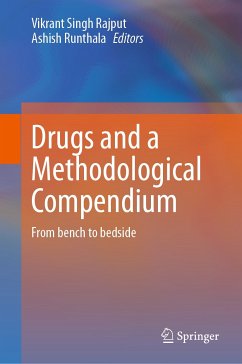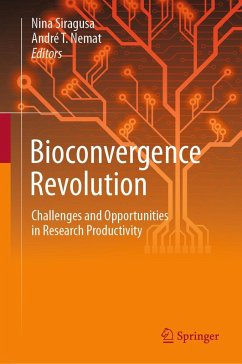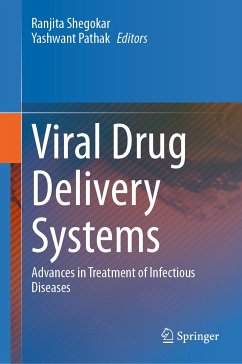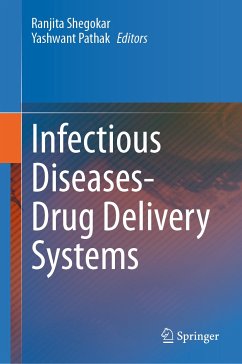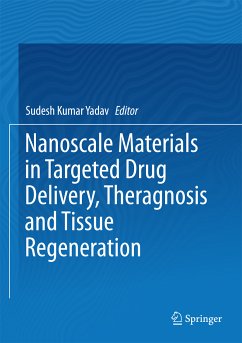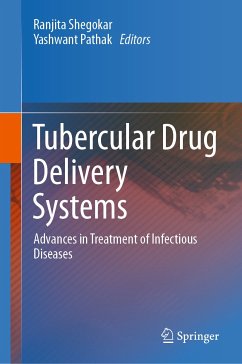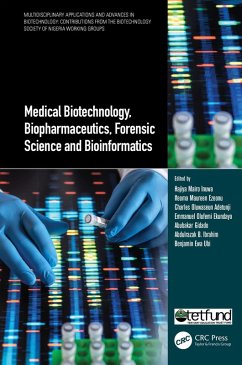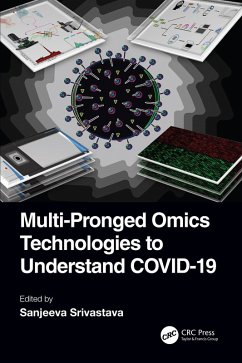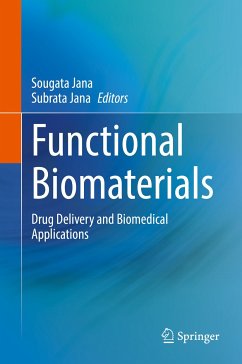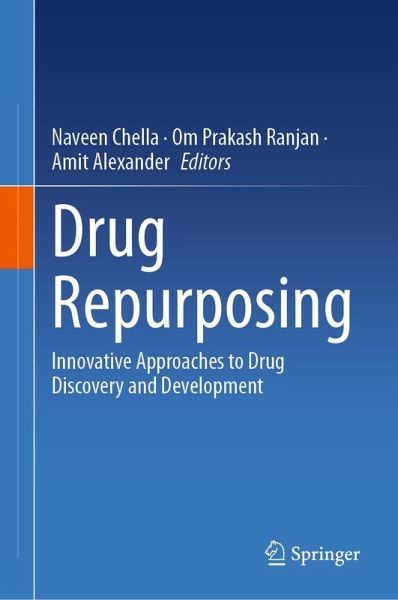
Drug Repurposing (eBook, PDF)
Innovative Approaches to Drug Discovery and Development
Redaktion: Chella, Naveen; Alexander, Amit; Ranjan, Om Prakash
Versandkostenfrei!
Sofort per Download lieferbar
160,95 €
inkl. MwSt.
Weitere Ausgaben:

PAYBACK Punkte
80 °P sammeln!
This book offers an insightful exploration of drug repurposing, an innovative approach to drug discovery and development that has the potential to revolutionize the field of medicine. It begins with an introduction to drug repurposing and its history, providing a comprehensive overview of the subject. The readers will embark on a journey through the diverse landscape of drug repurposing strategies. From in silico methods of predicting drug-disease associations to experimental approaches to the integrations of artificial intelligence (AI) and machine learning (ML) in drug repurposing for valida...
This book offers an insightful exploration of drug repurposing, an innovative approach to drug discovery and development that has the potential to revolutionize the field of medicine. It begins with an introduction to drug repurposing and its history, providing a comprehensive overview of the subject. The readers will embark on a journey through the diverse landscape of drug repurposing strategies. From in silico methods of predicting drug-disease associations to experimental approaches to the integrations of artificial intelligence (AI) and machine learning (ML) in drug repurposing for validating repurposed candidates. The book also delves into the application of drug repurposing in various disease areas, including cancer, inflammatory disorders, and CNS disorders. It explores the potential hurdles involved in the regulatory aspects of the process. The book further covers drug products under clinical trials and provides an overview of the future perspectives of drug repurposing. With its detailed and informative content, this book is a must-read for researchers, clinicians, and healthcare professionals interested in the exciting field of drug repurposing.
Dieser Download kann aus rechtlichen Gründen nur mit Rechnungsadresse in A, B, BG, CY, CZ, D, DK, EW, E, FIN, F, GR, HR, H, IRL, I, LT, L, LR, M, NL, PL, P, R, S, SLO, SK ausgeliefert werden.



